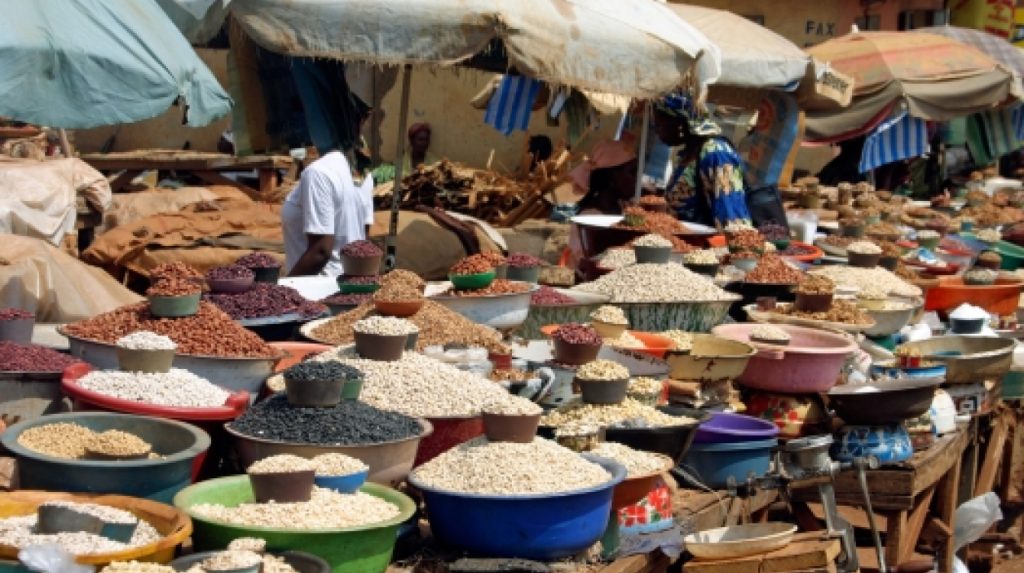Experts and some stakeholders have advised African governments to focus on attaining “food sovereignty” rather than focusing more on “food security” to address the structural defect in the global financial architecture and international trade system. According to the March 2023, government-led and United Nations-supported food and nutrition study, about 25 million Nigerians face the danger of hunger, if immediate action is not taken, which amounted to an increase from the 17 million people that were thought to be in danger of food insecurity.
The study identified the main causes of this to include violence, climate change, inflation, and rising food prices. Recall that the Food and Agricultural Organisation (FAO) of the United Nations had described food sovereignty as the ability of a people to determine their own food and agricultural system, as well as their right to access healthy food that is suited for their culture and environment. The experts said food security is when people have access to enough, safe and nourishing food, even if substantial parts of the food were imported, as was the case before the introduction of the Anchor Borrower Programme (ABP), when Nigeria imported most of its food items.
They believe that food sovereignty is the best way to go for African countries, noting that it guarantees that food is produced in a way that is both compatible with the ecosystem in which it is produced and acceptable to cultural norms. At the Africa Climate Journalists Training, an associate professor of economics, Denison University, and President, Global Institute for Sustainable Prosperity, Fadhel Kaboub, stated that focusing on food sovereignty would help countries in Africa save billions of dollars on food import and subsidies. The don said the most suitable way to address the imbalances in global trade between developed countries and African countries was to produce food domestically that suited ‘our context’ and that any amount of food produced locally equaled the amount of foreign exchange saved.
Kaboub added that the imbalance in the annual financial flow from developing countries to countries that were already developed valued at US$2 trillion driven by food, energy shortage and low value-added industrialisation. He worried that failure to focus more on “these three components” would make African countries to continue to remain weak at the negotiating table at the global climate discuss and intervention. “Focus on collective resilience, food sovereignty, renewable energy sovereignty, water security, education/training, healthcare, and transportation. This is how a country acquires a higher degree of economic and monetary sovereignty. If a country/regional block lacks this basic level of resilience, it has no bargaining chips, it can’t walk away from a negotiation table, and it will continue to lose its economic and monetary sovereignty”, noting that the current agricultural system that many Africa countries practiced were dictated by the developed countries and were weak to address the issues of food sovereignty on the continent, citing the problems created by the Russia-Ukraine war.
On his part, the Centre Director, Stockholm Environment Institute, Africa, Philip Osano, observed that agricultural productivity was severely dropping at unprecedented levels, as studies had shown that Nigeria and other West African countries needed to do more on building resilient agricultural systems for the impact of climate change was likely to cause more havoc like the flood disasters witnessed in 2012 and 2022 and the moderate drought the country was witnessing in the last few years, which he noted had affected the productivity of farmers negatively.

